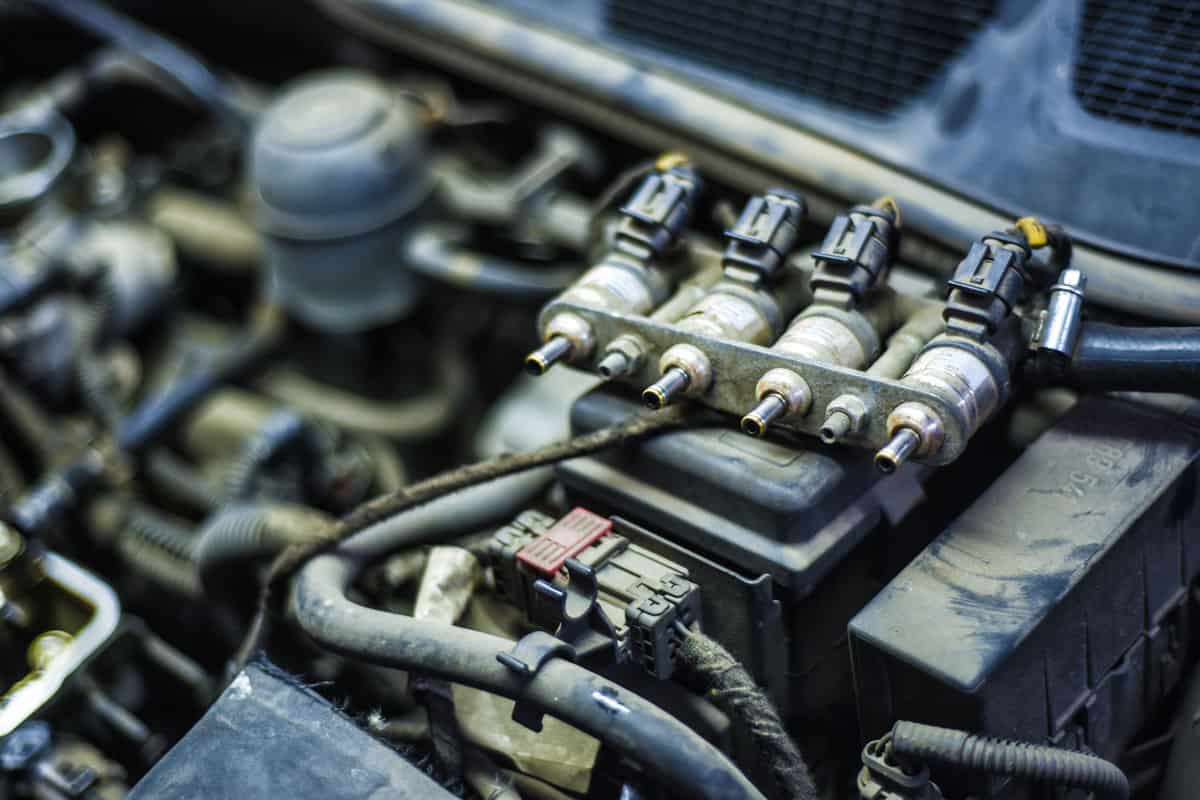When you pull up to the gas station, you've probably noticed it isn't as simple as choosing gas or diesel. There are typically three different types of unleaded gas, ranging from regular to premium. So, which one should you choose for your Nissan Altima? Well, we've researched the topic in-depth and have an answer for you.
The type of gas recommended for a Nissan Altima depends on the model you have. However, if you're unsure, all models should run fine on regular gas. Some models recommend using premium gas, and this will be listed in your owner's manual. If you choose to use regular gas anyway, you may just lose some horsepower.
So, now you know you can get away with using regular gas over premium, but keep reading as we elaborate on why you might want to opt for premium gas for your Nissan Altima. We'll also answer some other questions you might have about your Nissan Altima and its fuel.
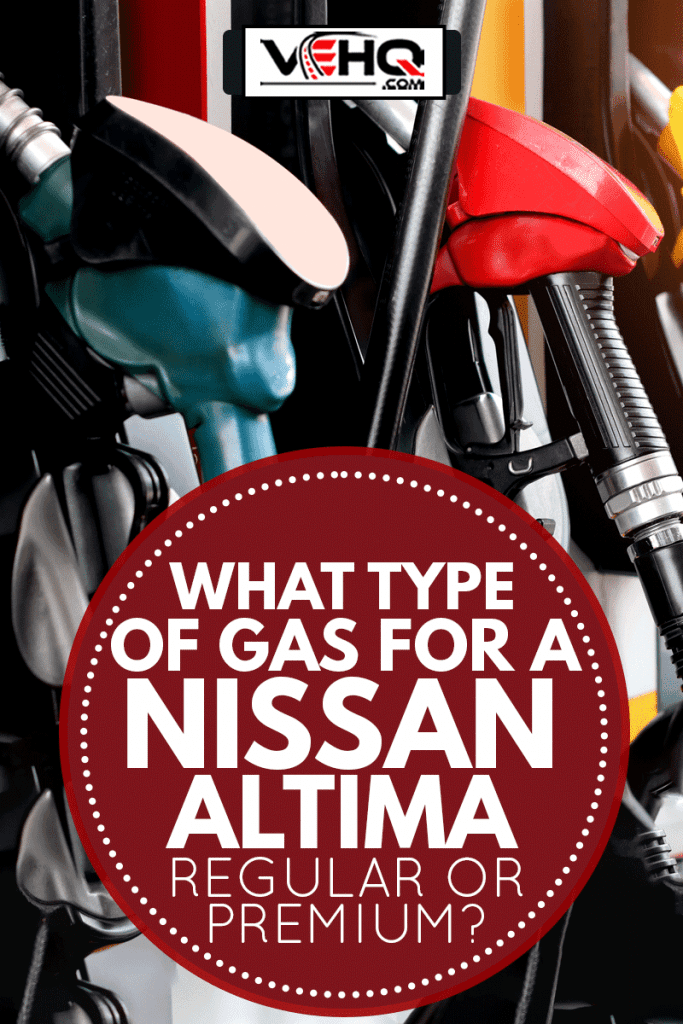
Regular or Premium Gas for the Altima
In order to understand why you might want to choose one over the other, you must first understand what the difference is between the two.
The main difference is the octane rating. Regular gas will have an octane rating of 87, while premium will have an octane rating between 91 and 93. There is usually a mid-range fuel offered as well, with an octane rating of around 89.
What is an octane rating?
You're probably wondering what all those octane ratings mean. The higher a fuel's octane rating, the more resistant it is to engine knock. This occurs when the fuel ignites earlier than necessary. It can cause damage to your engine and actually make an audible knocking noise in your engine compartment.
So, which do I choose?
The good news is that most modern cars, including Nissan Altimas, will work on regular gas even if the manual recommends that you use premium. However, if the manual states that premium gas is required, then you should use only premium gas in your vehicle. So, basically, whether you should use regular or premium gas, all comes down to what your Altima's manual says.
Nissan Altima with a 3.5L engine will recommend you use premium gas to get the maximum performance from the car. Whereas, 2.5L engine will work sufficiently with regular gas.
Using premium gas can increase your vehicle's horsepower, but only if the manual recommends using it. Otherwise, you'll unlikely notice much of a difference between the two.
What happens if you switch from premium to regular gas?
In a time where fuel shortages may occur or where money might be tight, you might be wondering if it's ok to combine premium and regular gas. Fortunately, as long as your vehicle doesn't require premium gas, mixing premium and regular gas shouldn't cause any noticeable difference in the way your car runs.
Your car's engine will be able to sense the octane rating, which in theory, should be somewhere between the two ratings of premium and regular, and will adjust how your engine handles it.
How much gas does a Nissan Altima take?

The amount of gas a Nissan Altima takes depends on the model. The range of tank sizes for the Nissan Altima is 16 gallons up to 20 gallons. Newer models, the 2019 to 2021 models, typically have a 16-gallon or 16.2-gallon tank.
Models between 2013 to 2018 typically have an 18-gallon gas tank, with the exception of one 2013 model, the Coupe 2D S 4 Cyl that has a 20-gallon tank. Earlier models, dating back to 2003, have 20-gallon gas tanks.
So, to summarize, the newer models have a smaller gas tank than the older models and may have a difference of up to four gallons in size.
Is Nissan Altima fuel efficient?
As technology advances in the auto world, it may not be surprising that newer cars are more fuel-efficient than their older counterparts. Nissan Altima's are no different. Newer models are considered fuel-efficient vehicles, however, you won't find them in the top ten fuel-efficient cars.
These lists are often dominated by electric or hybrid cars. Let's take a look at what kind of mileage you can expect from some of the Nissan Altima models.
2021 Model
Newer models of the Nissan Altima are fuel-efficient, with the 2021 model able to get up to 28 mpg in the city and 39 mpg on the highway, depending on the version of the model you opt for. The 2021 model will range between 25 to 28 city mpg and 34 to 39 highway mpg depending on the trim.
Furthermore, the FWD model can get up to 631.8 highway miles on a tank of gas, while the AWD can get 576 miles.
2019-2020 Models
As with the 2021 model, the gas mileage range for the 2019 or 2020 model is 25 to 28 mpg city and 34 to 39 mpg highway.
2018 Model
The 2018 model does slightly less mpg than the 2019/2020 model with a city range of 26 to 27 mpg and a highway range of 37 to 38 mpg. There is one exception, the 2018 Nissan Altima Sedan 4D SL V6 only sees 22 mpg in the city and 32 mpg on the highway.
2013-2017 Models
The range remains similar for models made between 2013 and 2017, with an average city mpg of 27 with a few trim exceptions that only gets 22 mpg. The highway range is also similar, with many of the versions able to get 38 mpg on the highway.
2002-2012 Models
Any models prior to 2013 have a much lower range of mileage except for hybrid models. Most of the earlier Nissan Altima's have a range of 18-25 mpg in the city and 26 to 35 mpg on the highway. Hybrid models can achieve around 33 mpg in both the city and highway.
Why is my Nissan Altima using so much gas?
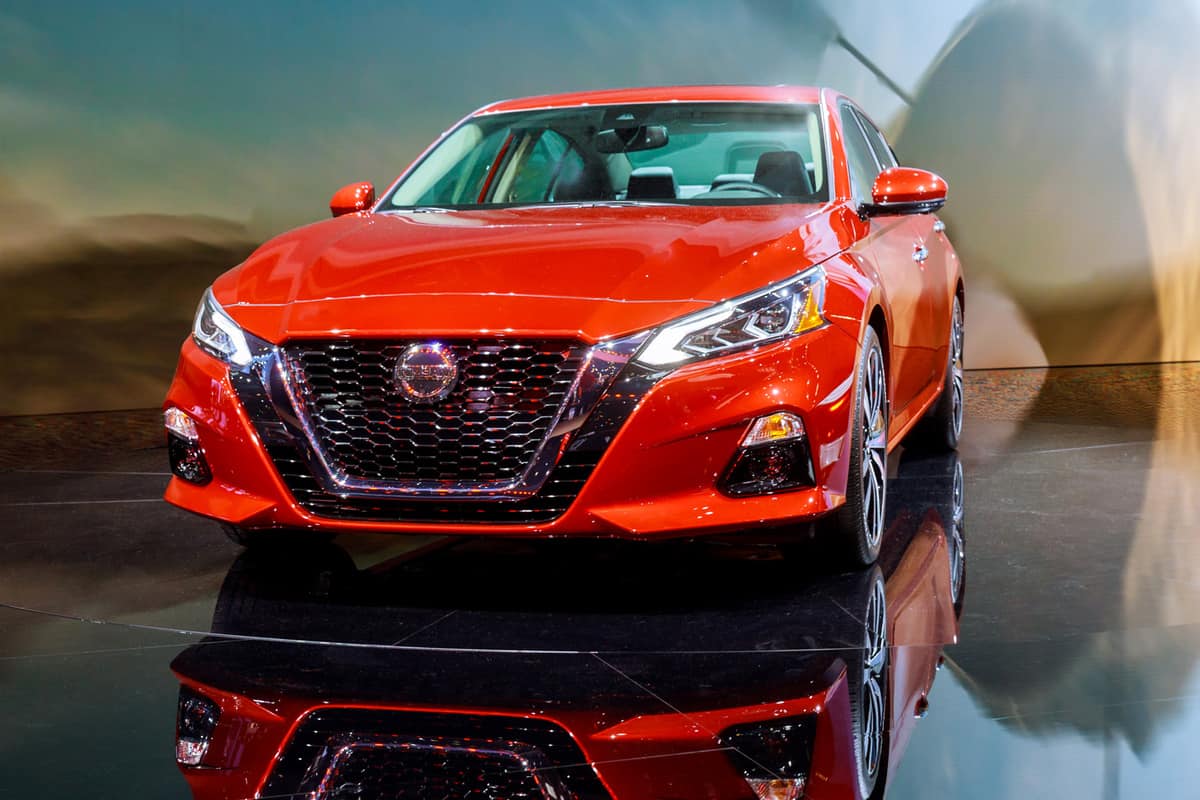
If you've noticed you have to fill up much more often at the gas pump, you may wonder if your vehicle is burning through gas much faster than normal. Well, it is possible, and there are a number of possible causes that would increase your vehicle's gas consumption.
First things first, make sure you're not accelerating too quickly too often. Accelerating quickly will cause your vehicle to burn more fuel as it works harder to move. Some other common culprits include spark plugs, fuel injectors, under-inflated tires, brakes, 02 sensors, and filters. These can all be reasons your Nissan Altima is using a lot of gas.
Spark Plugs
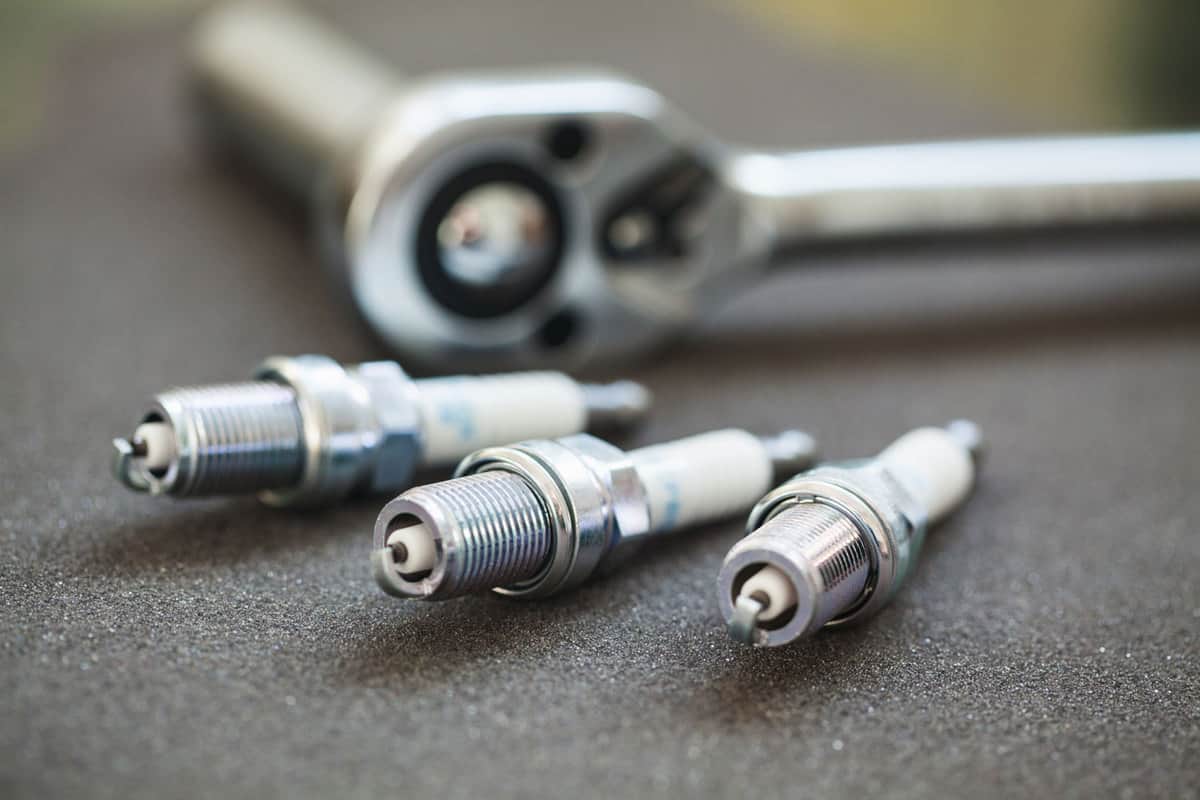
Spark plugs going bad can create a number of problems for your vehicle. Fortunately, you can often tell if your spark plug has gone bad by simply looking at it.
Fuel injectors are responsible for the flow of fuel into the engine. If they aren't working correctly, the maximum amount of fuel may not be making its way to the engine, causing lower gas mileage.
Under-Inflated Tires
Underinflated tires are the easiest problem to fix. Just check your tire's air pressure with a pressure gauge and inflate your tires to the pressure recommended by your vehicle's manual.
Click here to see this air pressure gauge on Amazon.
Brakes
If you've ruled out the simpler problems, it may be worth getting your vehicle's brakes checked. A sticky brake caliper can cause a decrease in gas mileage.
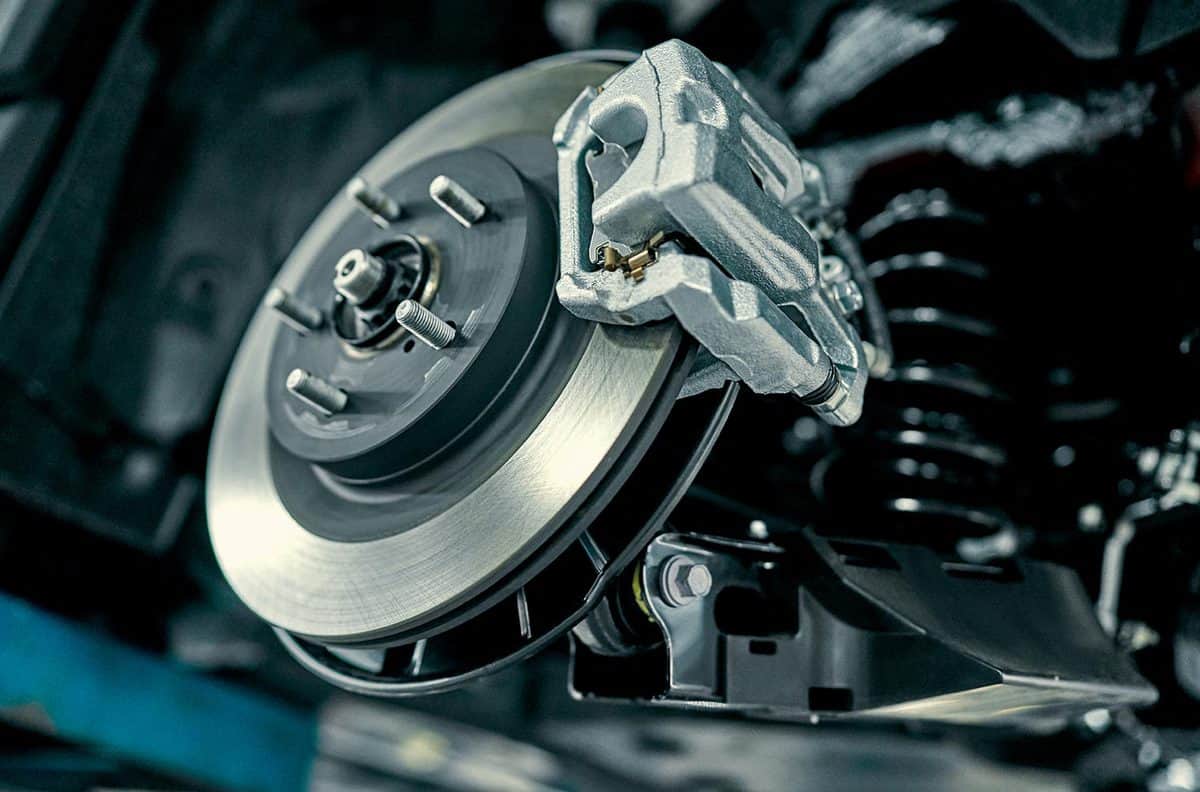
Oxygen Sensor
When you have a faulty oxygen sensor, your vehicle's engine is not able to run as efficiently as it did before. A faulty oxygen sensor will usually trip a check engine light on your car, so it should be easy to diagnose if this is the cause of your drop in gas mileage.
Filters
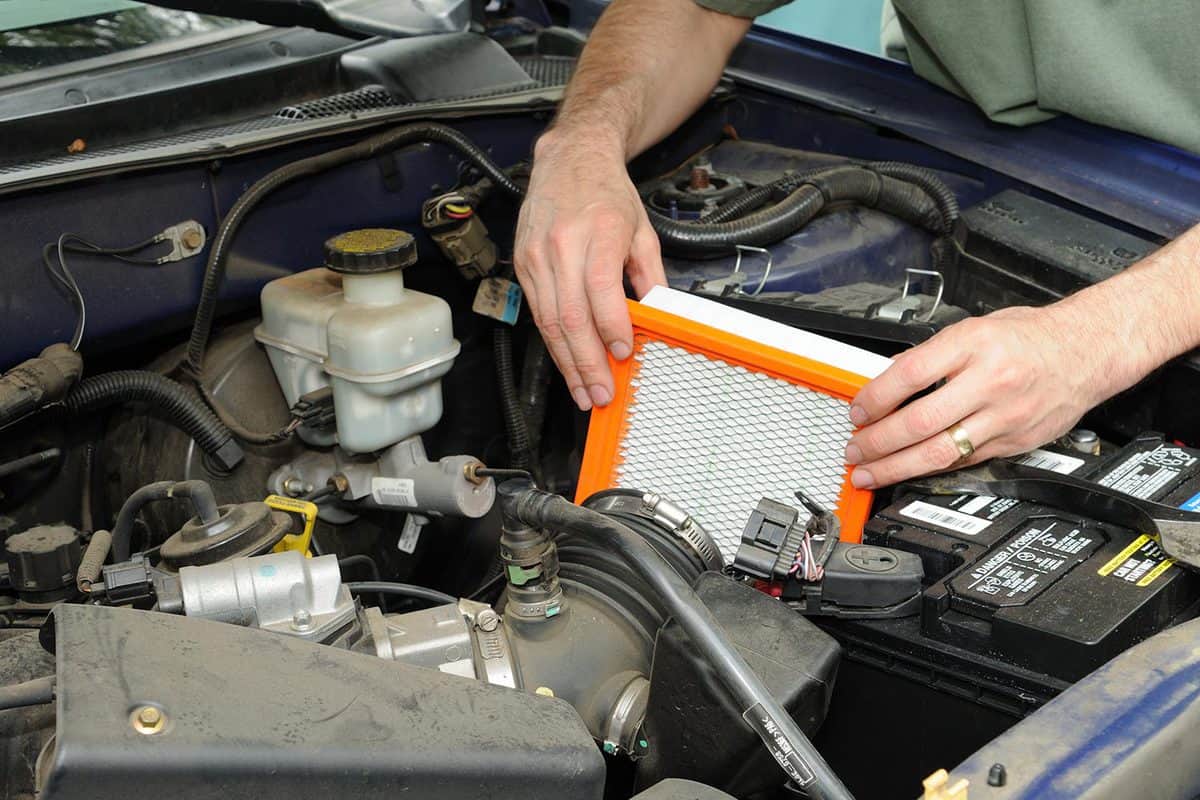
A clogged fuel or air filter can also decrease your car's fuels efficiency. In older models, you can usually find fuel filters near the fuel pump, but some newer models include the fuel filter inside the fuel pump. Having your vehicle's fuel and air filter checked should be part of your vehicle's routine maintenance.
As you can see, it may actually be quite difficult to diagnose the issue by yourself because there are so many possible causes. If you're not mechanically inclined, it may be easier to explain your problem to a professional mechanic. They will have the necessary equipment and know-how to diagnose the problem.
Final Thoughts
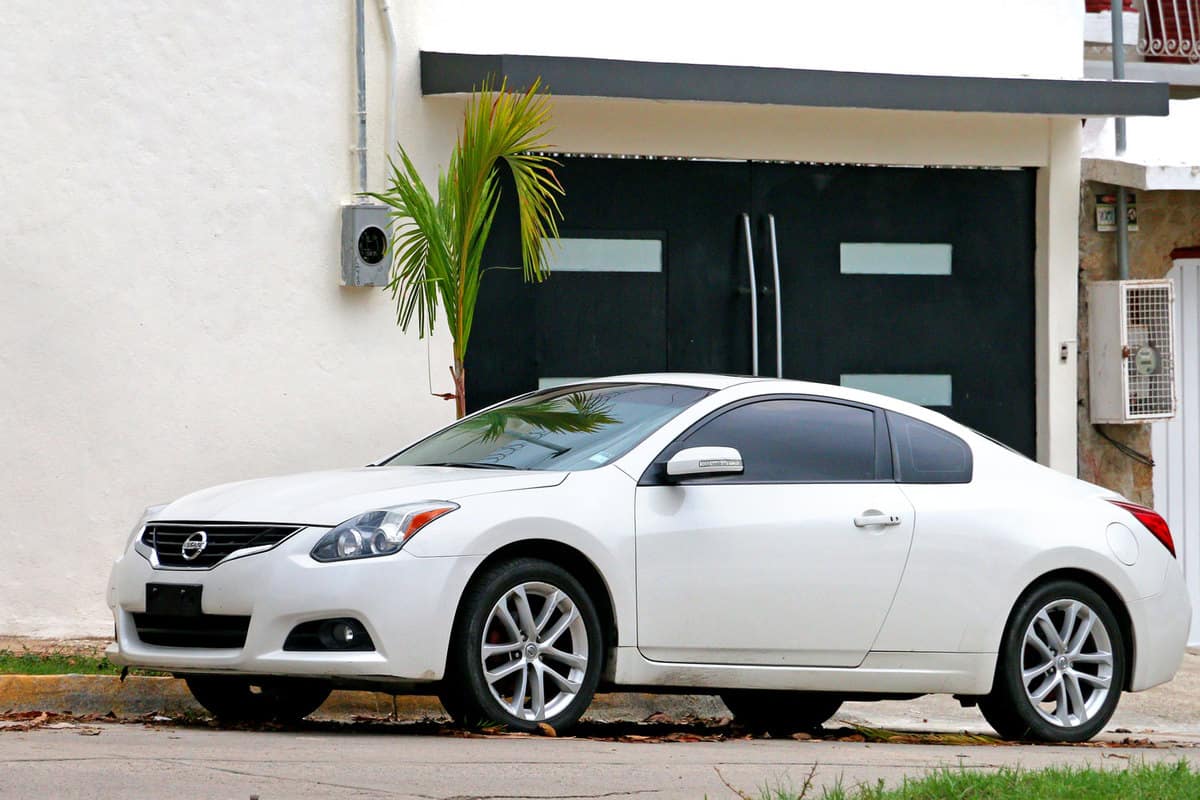
We've covered a lot of information in this article, but hopefully, you're leaving with a better understanding of what gas is required for your Nissan Altima. However, if you're still in doubt, your car will run fine on regular gas and will only benefit from premium if the owner's manual suggests it. Happy Pumping!
For more reading about your Nissan Altima, check out some of our other blog posts on the topic:
Does The Nissan Altima Have Bluetooth? [And What You Need To Know About It]

